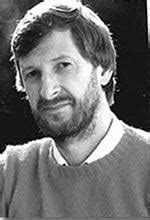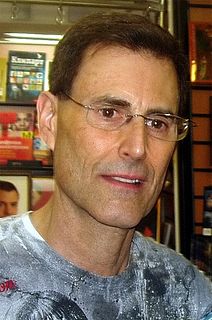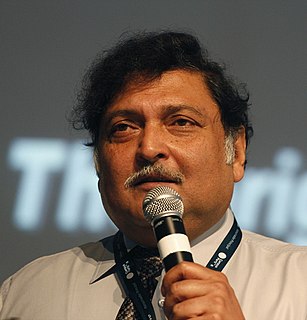A Quote by David Elkind
Certainly, young children can begin to practice making letters and numbers and solving problems, but this should be done without workbooks. Young children need to learn initiative, autonomy, industry, and competence before they learn that answers can be right or wrong.
Related Quotes
What is important, and I think celebrities should do, is show your children when they are young is that wealth is not important. I took my children when they where young to Brazil, to the shanty towns with children begging. Ever since that day, I have had no problems with my children, if I buy them anything they are grateful.
Young children learn in a different manner from that of older children and adults, yet we can teach them many things if we adapt our materials and mode of instruction to their level of ability. But we miseducate young children when we assume that their learning abilities are comparable to those of older children and that they can be taught with materials and with the same instructional procedures appropriate to school-age children.
It seems a miracle that young children easily learn the language of any environment into which they were born. The generative approach to grammar, pioneered by Chomsky, argues that this is only explicable if certain deep, universal features of this competence are innate characteristics of the human brain. Biologically speaking, this hypothesis of an inheritable capability to learn any language means that it must somehow be encoded in the DNA of our chromosomes. Should this hypothesis one day be verified, then lingusitics would become a branch of biology.
Whatever other children learn in a year, let Bahá’í children learn in a month. The heart of ‘Abdu’l-Bahá longeth, in its love, to find that Bahá’í young people, each and all, are known throughout the world for their intellectual attainments. There is no question but that they will exert all their efforts, their energies, their sense of pride, to acquire the sciences and arts.
Solving problems is a practical skill like, let us say, swimming. We acquire any practical skill by imitation and practice. Trying to swim, you imitate what other people do with their hands and feet to keep their heads above water, and, finally, you learn to swim by practicing swimming. Trying to solve problems, you have to observe and to imitate what other people do when solving problems, and, finally, you learn to do problems by doing them.
A house without books is like a room without windows. No man has a right to bring up his children without surrounding them with books, if he has the means to buy them. It is a wrong to his family. He cheats them! Children learn to read by being in the presence of books. The love of knowledge comes with reading and grows upon it.
I specially want to have young women not to wait as I did until my children were grown, but young women to come in to gain their seniority so they could be respected leaders at a much earlier age. It's important for all women to see young women who share their experience whether it's as a working mom with young children, who understands the struggle and the aspirations of young women in a similar situation. And if they don't have family and they're pursuing their career women should see that as well.





































